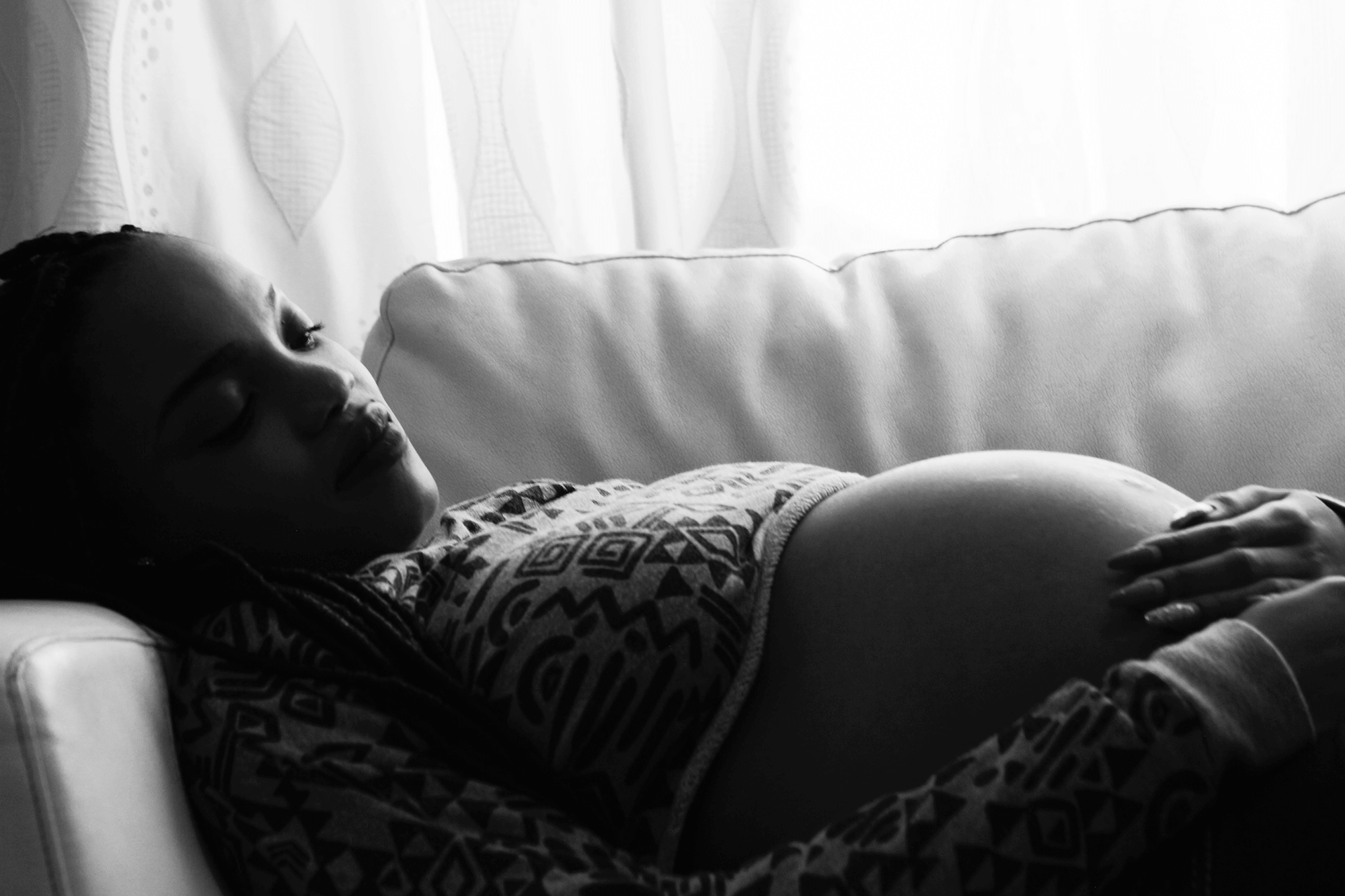Navigating Sleep Challenges During Pregnancy: Tips & Best Practices
Any women who have conceived and carried children will understand the roller coaster that is your pregnancy.
From elation when those two blue lines appear on a pregnancy test, for many but not all, to the nausea and extreme fatigue that follows you round for the first 12 weeks or longer.
Pregnancy affects every woman differently, but one recurring theme is the struggle to sleep, whether getting to sleep, staying asleep or both.

Problems with Sleeping while Pregnant
Did you know? You have 50% more blood in your body when pregnant! This means that you may feel hotter than usual, and we know that staying cool is the best way to stay asleep.
Hormonal changes in your body during pregnancy can lead to all kinds of side effects that affect your sleep when pregnant.
Needing to pee Especially during the night, needing to go to the toilet can make you wake up more than normal.
This is because your growing uterus is pushing on your bladder making the need to pee more frequent and more urgent. Getting back to sleep can sometimes be an issue, especially if you feel warm.
Sleeping position This can affect your ability to fall asleep and stay asleep. Your pregnant sleeping position will change as your body changes.
Later on it will be impossible to sleep on your front as your belly is too big and sleeping on your back is not recommended.
Nausea during pregnancy Incorrectly know as morning sickness, can hit at any time of the day and can range from a mild rolling stomach to full blown vomiting.
Not ideal at night when all you want to do is sleep.

Frequent Asked Question for Sleeping While Pregnant
Why can’t I sleep on my right side while pregnant?
A New Zealand research study found that sleeping on your right side may increase your risk of stillbirth.
Sleeping on your right side when pregnant puts the weight of your uterus on your liver which can cause problems for the baby.
It is worth noting that this study has not bee replicated and is not conclusive.
Can you sleep on your back while pregnant?
The NHS recommend not sleeping on your back after 28 weeks of pregnancy.
This is because the weight of your uterus and baby presses on your vena cava restricting the flow of blood to your baby.
Don’t worry if you wake up on your back, simply roll over onto your side. Research suggests the risk if higher if you fall asleep on your back as you’re more likely to stay in that position.
Can you sleep on your stomach when pregnant?
In theory there is no issue with sleeping on your stomach, but this will become harder and more uncomfortable as the baby grows bigger.

Best Sleeping Position for a Pregnant Woman
The best sleeping position for pregnant women is on your left side. This may feel unnatural to some women but using a pregnancy sleeping pillow can help make it feel more comfortable.
These special pregnant sleep pillows can be put under your baby bump or between your legs or both to help you get those illusive 8 hours sleep.

Sleep Tips for Pregnant Women
There are a variety of ways you can try to improve your sleep quality when pregnant;
Hydration
Don’t drink too much liquid before bed and try to empty your bladder before falling asleep.
Eat healthily
As being overweight can put extra pressure on your body and affect your ability to sleep well when pregnant.
Exercise regularly
Exercise which will make you feel more tired at bedtime and can help both the labour and recovery process later on.
Avoid caffeine, alcohol and smoking
All of which can cause miscarriage, stillbirth or low birth weight and inhibit your sleep quality
Try yoga or mild stretching
This is to help alleviate aches and pains and help you relax before bed
Meditation may help work through any pregnancy anxiety or worry which can keep you awake at night
Wear natural fibres
Wearing natural fibres at night to reduce your risk of overheating or wear thinner or no clothes, especially during the summer months

Summary
In conclusion, sleep challenges during pregnancy are common but can be managed with the right approach.
By adopting the best sleeping position, making healthy lifestyle choices, and utilising relaxation techniques, pregnant women can significantly improve their sleep quality.
Remember, taking care of yourself and your sleep during this special time is crucial for both you and your growing baby.
Now you know how to sleep better while pregnant, you should maybe find out how to fix your sleep schedule for optimal sleep for you & your partner.






